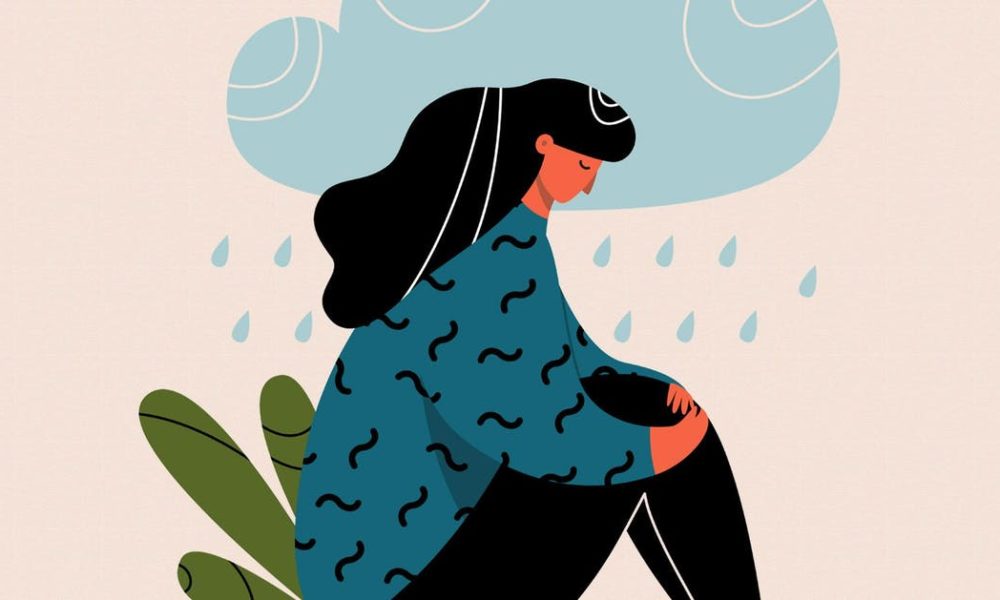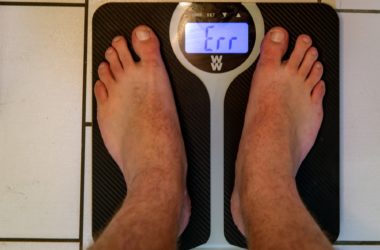Latinx and Hispanic communities are known to dismiss mental health conditions, as they are not considered real life problems, compared to physical health issues and have belittled those affected and seeking treatment.
As a first generation Mexican American college student, I’ve been told by my parents to work and study hard in order to be successful. But there are times where I felt it was easier said than done because I struggled with depression and anxiety, making it harder to live to my full potential.
Throughout my high school years, I was often described as quiet or shy by my classmates, but in reality I was anxious and had low self-esteem so my social skills were not the best.
Junior year was rough because I let my grades slip due to my lack of motivation, but I knew deep down there was something wrong with me so I brought up my concerns to my parents. Their responses were either: “It’s all in your head,” or “You’re not exercising enough.”
The National Alliance on Mental Illness reported more than half of Hispanic and Latinx individuals from ages 18 to 25 have mental illnesses that can worsen over time if not treated.
Seeking treatment for mental illnesses, such as counseling or going on prescribed medications, are looked down upon due to the cultural differences within Latinx/Hispanic communities.
“For Latinos, having a mental illness or even receiving counseling can be stigmatizing. Poor access to care due to low rates of insurance, immigration status, language and cultural barriers in healthcare which can include differences between provider-patient in explanatory models of illness and families as the gatekeepers can limit entry into treatment,” according to the American Psychiatric Association.
Although I live in a middle-class household that has a family health insurance plan, my anxiety and depression were still misunderstood. I would feel guilty because I shouldn’t be sad or worried about anything when there’s food on the table and a roof over my head.
There were countless times where I ignored my symptoms, and would try to convince myself that I was just having some “off days,” but in my case, “off days” were everyday.
Around one year ago, I decided it was time to prioritize my mental health by going to therapy sessions and taking antidepressants. There are times where I regret not seeking help sooner, but what matters is that I finally decided to break the cultural stigma towards mental illnesses.
Latinx culture describes therapy as a resource for crazy, unstable people which can steer individuals away from seeking help. When in reality, my outlook on life has definitely changed ever since I started going to therapy because I’ve gained self-confidence and am kinder to myself. In fact, I’ve also cut ties off with toxic people, and am living a much healthier lifestyle.
Taking the first step is always the hardest because you’re admitting that you have a problem, and that can be difficult to accept. Mental health is just as important as your physical health, and taking antidepressants is nothing to be ashamed about.
Taking antidepressants was the best decision I made for my well-being because not only do they balance my brain chemicals, but they have also helped me with my social skills and productivity.
Seeking treatment is not a sign of weakness, it’s a journey to accept change and emotional prosperity.
Long Beach State offers mental health services through Counseling and Psychological Services (CAPS) for students and can be contacted at (562) 985-4001 for more information.
Therapy for Latinx also offers mental health services for the Latinx/Hispanic communities, to learn more visit their website at www.therapyforlatinx.com/home.




